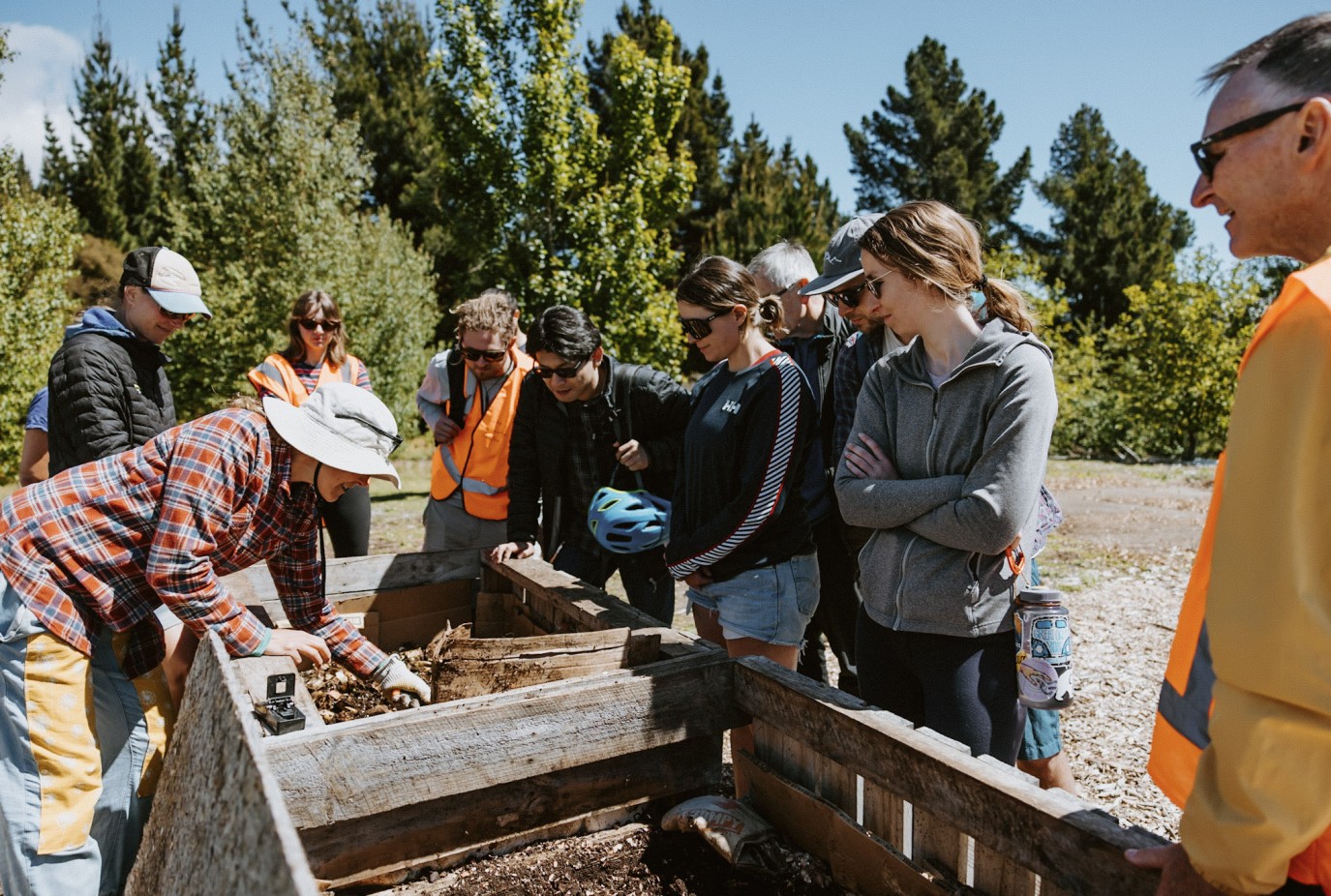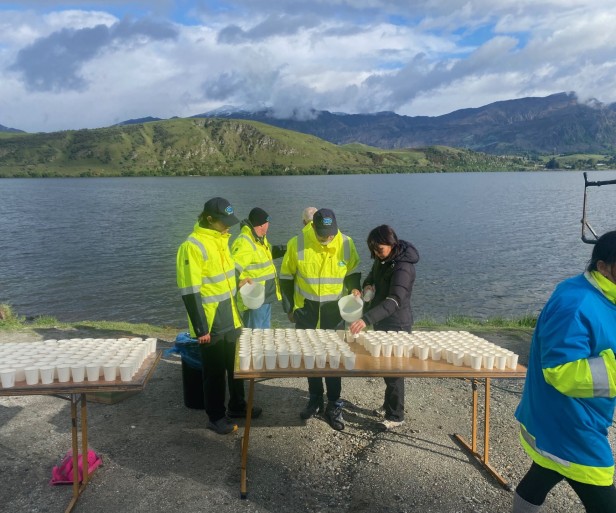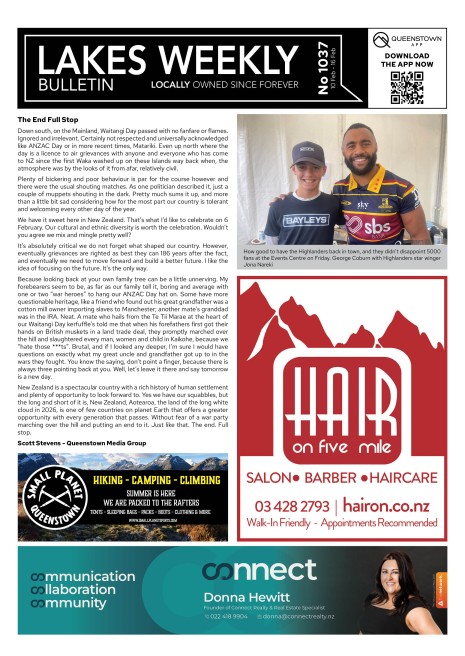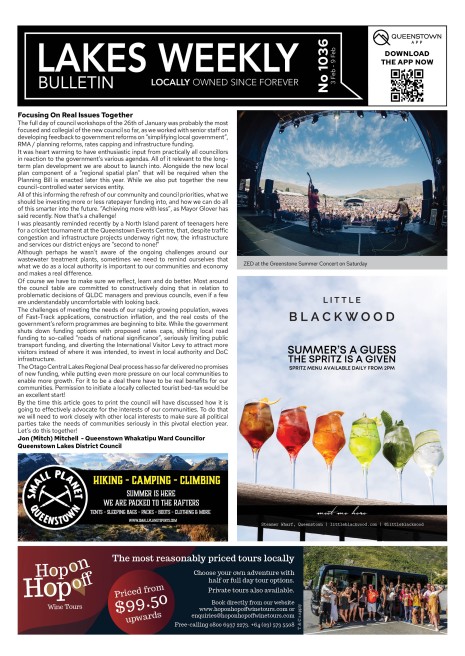Queenstown Lakes food demand could triple by 2050

A new report warns Queenstown Lakes faces unprecedented food demand over the coming decades.
The Food Resilience Report, released this week by Wao Aotearoa and the Southern Lakes Kai Collective (SLKC), is the most comprehensive food study ever undertaken in the region, mapping what we eat, how it arrives, and where our vulnerabilities lie.
It concludes the district will need at least double – and possibly triple – its current food supply by the mid-2050. But report authors say this presents a pivotal opportunity to rebuild a home-grown food economy.
“This report should be a wake-up call,” says Babu Blat, who coordinates the Southern Lakes Kai Collective. “We currently truck or fly in 95% of the food we consume, and the six supermarkets in our district carry less than a week’s worth of stock. In the event of a major weather event or an Alpine Fault earthquake, our shelves could be bare in days.
"That’s how exposed we are.”
The report found in 2023, the district required 34,748 tonnes of food per year – with 95% imported. Households send an average of 3.71 kg of food waste to landfill every week, totalling 122 tonnes weekly, and one-third of kerbside bins surveyed contained edible food.
Meanwhile, visitors spent $860 million on food and beverage services in the year to March 2024.
The report also lays out solutions from the Southern Lakes Kai Collective, which was formed in 2024, following a district-wide hui of growers, mana whenua, hospitality leaders, social agencies, and council.
The collective's mission is to design and help deliver a roadmap for food resilience.
“Our first three moves are clear: invest in education so people understand the true value of a resilient local food system, back our growers through the ‘Grow the Grower’ programme that not only supports existing producers but also helps new growers get started for local production, and push for policy that strengthens our food system for the long term," Blatt says.
"Together, these create the foundation for a food-secure, resilient future.”
Food waste reduction and redistribution are central to the plans.
The report and roadmap will be discussed in detail during the Food Resilience Day, at the Wao Summit on 31 October. The report is available now at wao.co.nz.








